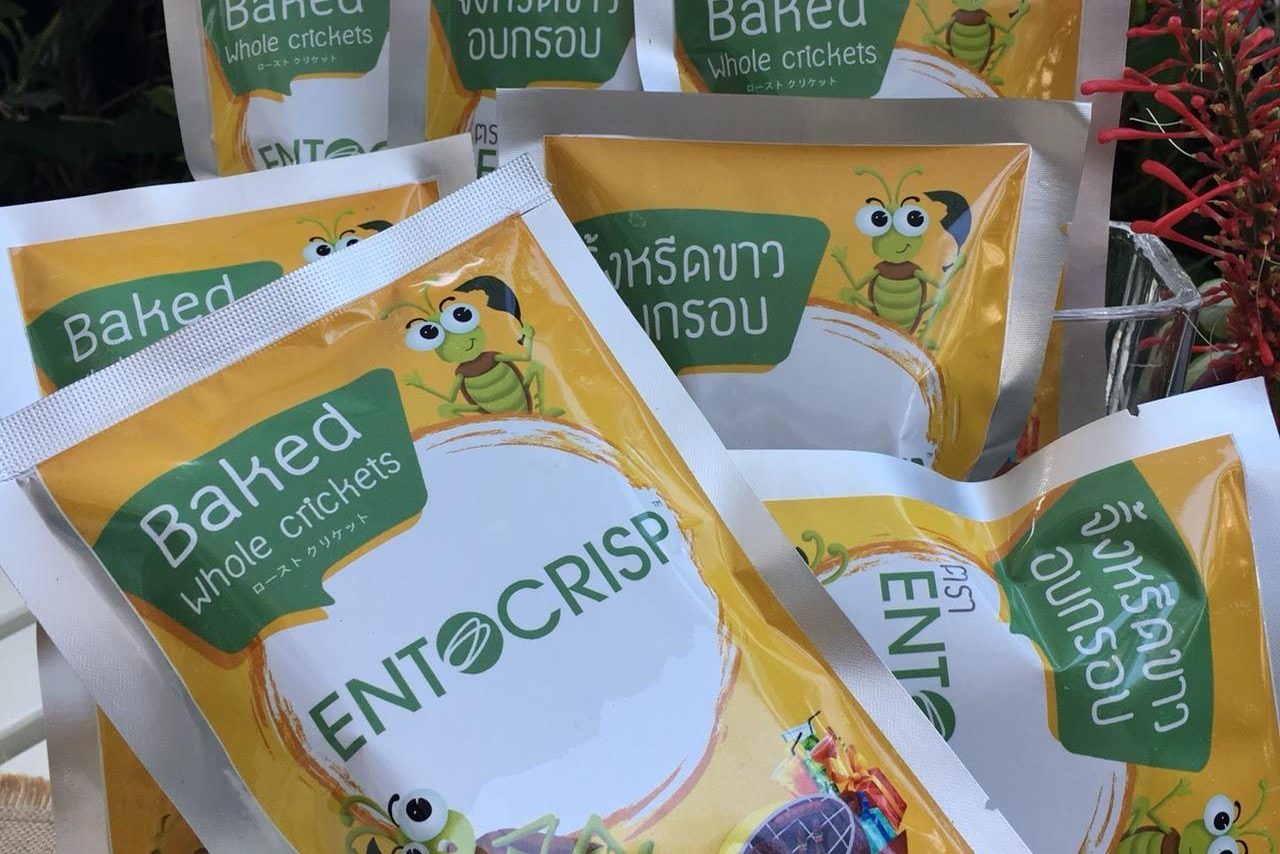Reduce your environmental footprint by turning to alternative protein sources
The meat industry accounts for nearly one-fifth of the man-generated greenhouse gas emissions worldwide and that is clearly a disturbing number. Our freshwater resources suffer eutrophication and the land from the conversion to fit livestock use. Our Swedish client Global Bugs decided it was high time to offer an alternative protein solution!
As Kanitsanan Thanthitiwat, co-founder and Chief Executive Officer said: “Our Vision is to leave a sustainable world for the future generations.” So how are they planning to do so?
The co-founders have extensive experience in cricket and black soldier fly farming and applied their knowledge to the project that has resulted in their own insect breeding farm. Thanks to an automated system using sensors they have been able to scale up production without losing track of quality. The full traceability and quality control the system permit guarantee an optimized and uniform product.
They have applied so-called vertical farming to further streamline production and the need for space. The production time of this alternative protein shows a radical drop compared to the more traditional ones. Emissions are minimal and the water demand is low. The product end-quality can also be adjusted regardless of the end-consumer requirements which could be those of a human or an animal.
Just a few weeks ago they launched a new showroom for their products.

Those who are looking for alternative sources of protein to incorporate in their nutrition are a growing group. The edible cricket snacks and powders from our client contain more than 70% protein, more calcium than milk and more iron than spinach, as well as fiber and fatty acids. Are you ready to get on the train?
Here are three examples of how easily we can incorporate alternative protein, like crickets, in our everyday meals.
You can head over to for Meetless Monday for more inspiration on how to cut down on your meat consumption and don’t hesitate to get in touch with us if you should have any questions or need a hand with a similar project!
More interesting reading:
Reducing the environmental footprint
How to win with an environmentally sustainable business
HomeBiogas 2.0: a green way to manage your household waste and create clean energy

